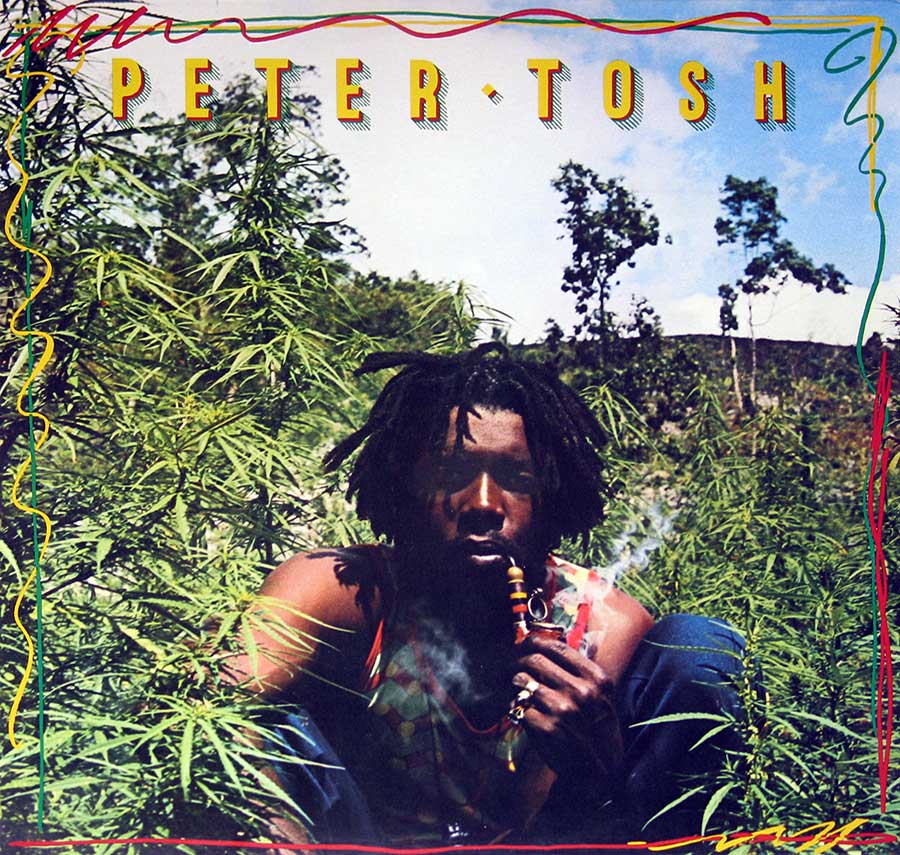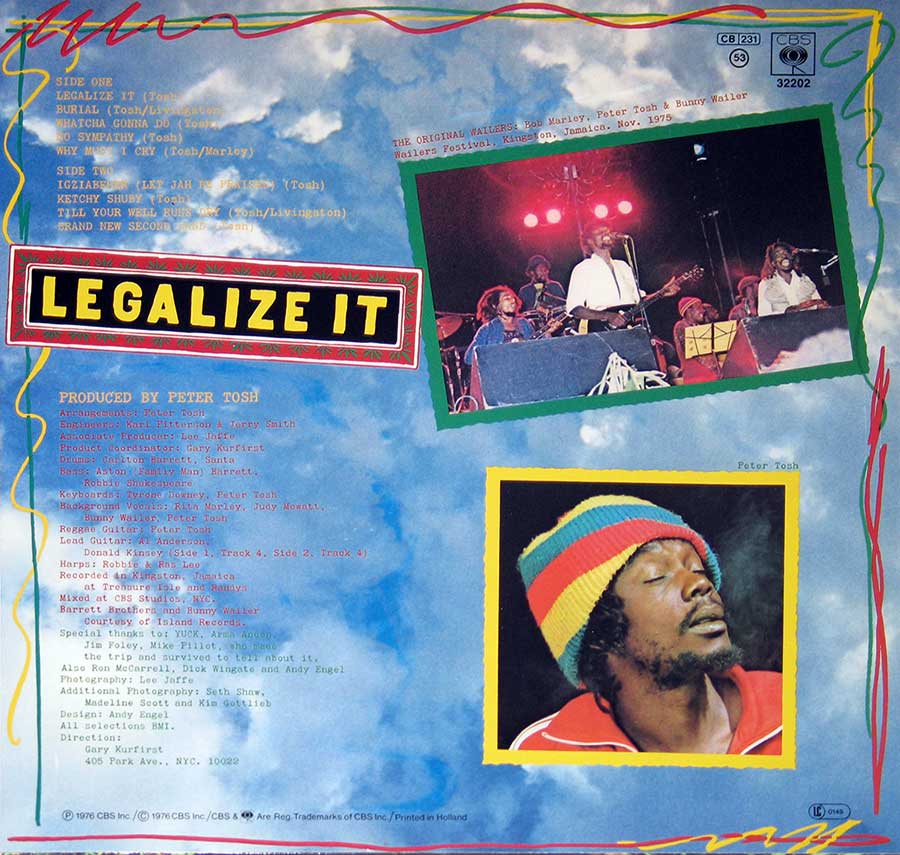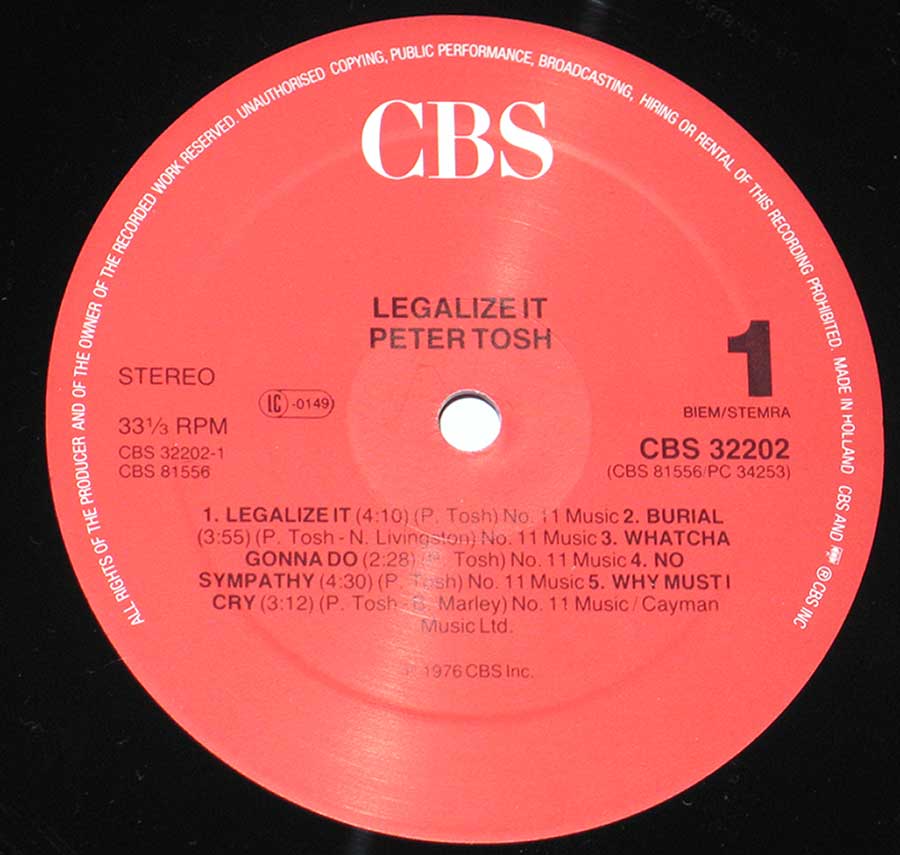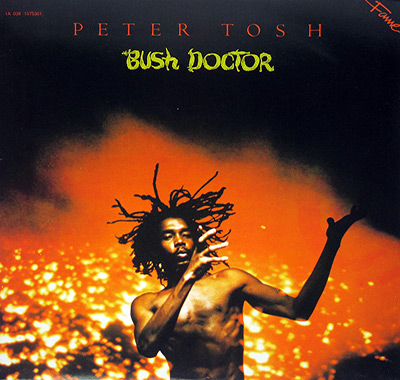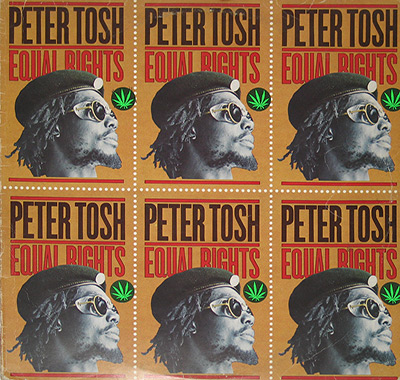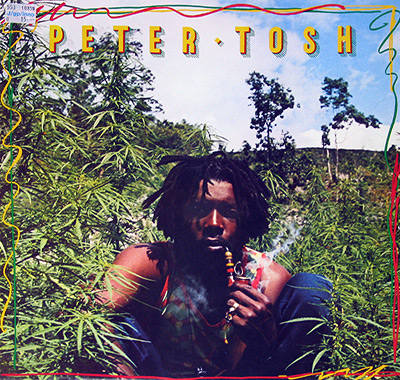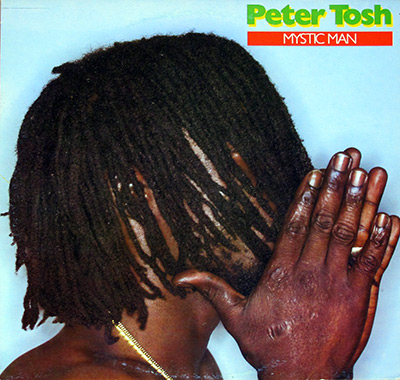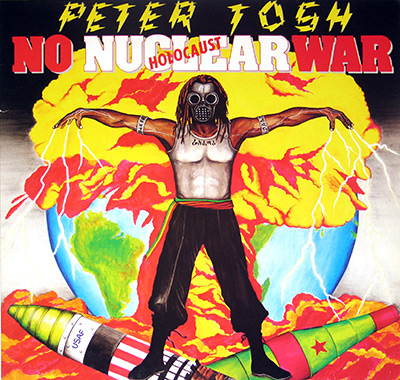Rita Marley is the steady spark in the Wailers' story that collectors forget to credit. After the Soulettes days and those early Kingston sessions, she slid into the Wailers' orbit, but I remember the real switch in the mid-70s: the I Threes (1974-81: Rita Marley, Judy Mowatt, Marcia Griffiths) touring and recording with Bob Marley & The Wailers, turning choruses from decoration into a hard, human shove. By the early 80s she stepped out alone: "Who Feels It Knows It" (1981) and "Harambe" (1982) move like a woman choosing her own tempo, not polishing anyone else's legend. People call it 'legacy'; I call it work, and she did plenty. No halo required.
"Legalize it" Album Description:
In 1976, the Netherlands witnessed the release of a groundbreaking album that would not only redefine reggae music but also challenge societal norms and advocate for social change. The album in question is Peter Tosh's "Legalize it", a 12" vinyl LP that showcased Tosh's raw talent, powerful lyrics, and unwavering commitment to the legalization of marijuana. Joined by fellow reggae legends Bunny Wailer and Rita Marley, Tosh created a musical masterpiece that continues to resonate with audiences worldwide.
Peter Tosh's "Legalize it" represented a pivotal moment in his solo career following his departure from The Wailers. The album boldly addressed the controversial topic of marijuana legalization, challenging the prevailing societal norms and attitudes surrounding the herb. Tosh's powerful vocals and thought-provoking lyrics delivered a compelling message that transcended borders and resonated with audiences across the globe.
The release of "Legalize it" in the Netherlands was a significant choice, given the country's progressive stance on drug policy. The Netherlands had already taken steps towards decriminalizing marijuana, making it an ideal platform for Tosh's revolutionary album. By releasing the LP in the Netherlands, Tosh and his collaborators aimed to capture the attention of a nation known for its liberal views and stimulate a broader conversation on drug policy reform.
"Legalize it" featured contributions from both Bunny Wailer and Rita Marley, two iconic figures in the reggae genre. The collaborative effort showcased the unity and solidarity among these musicians, further amplifying the album's message. Tosh's distinct voice, combined with the harmonies provided by Wailer and Marley, created a compelling sonic experience that captivated listeners.
The album's impact extended beyond its musical contributions. Tosh's bold advocacy for the legalization of marijuana sparked conversations about personal freedom, individual rights, and the oppressive nature of drug laws. "Legalize it" became an anthem for those seeking social change and challenged the established order.
Over four decades after its release, "Legalize it" remains an influential album that continues to inspire and educate audiences. Its legacy can be observed in the continued efforts to reform drug laws, with several countries around the world adopting more progressive policies towards marijuana. The album's impact on reggae music cannot be overstated, as it solidified Tosh's position as a prominent figure within the genre and paved the way for future artists to use music as a platform for activism.
Cultural & Historical ContextWhen Legalize It dropped in 1976, Jamaica was a nation in turmoil Ñ reggae was the soundtrack of resistance, and marijuana was both sacred herb and criminalized threat. Peter Tosh took the risk of shouting what many only whispered. In the Netherlands, where cannabis was already being quietly tolerated, the albumÕs release carried an extra edge of irony and power. This record was not just music Ñ it was manifesto.
Legacy & InfluenceLegalize It became more than an album; it was a rallying cry. Decades later, its title track remains an anthem for legalization campaigns across the world. ToshÕs bold stance also influenced artists beyond reggae, as his defiance bled into punk, hip-hop, and rock cultures. This record cemented Tosh as not just a Wailer gone solo, but as reggaeÕs uncompromising revolutionary.
